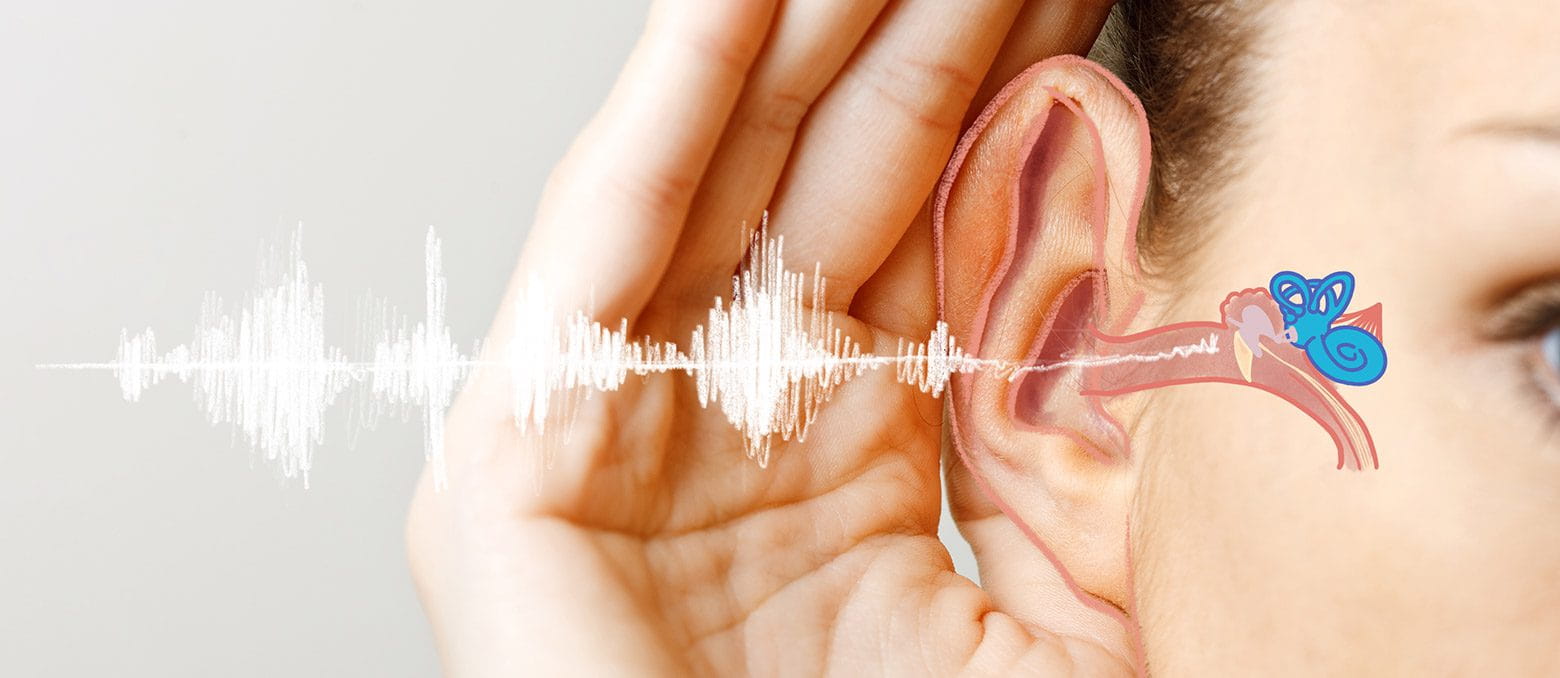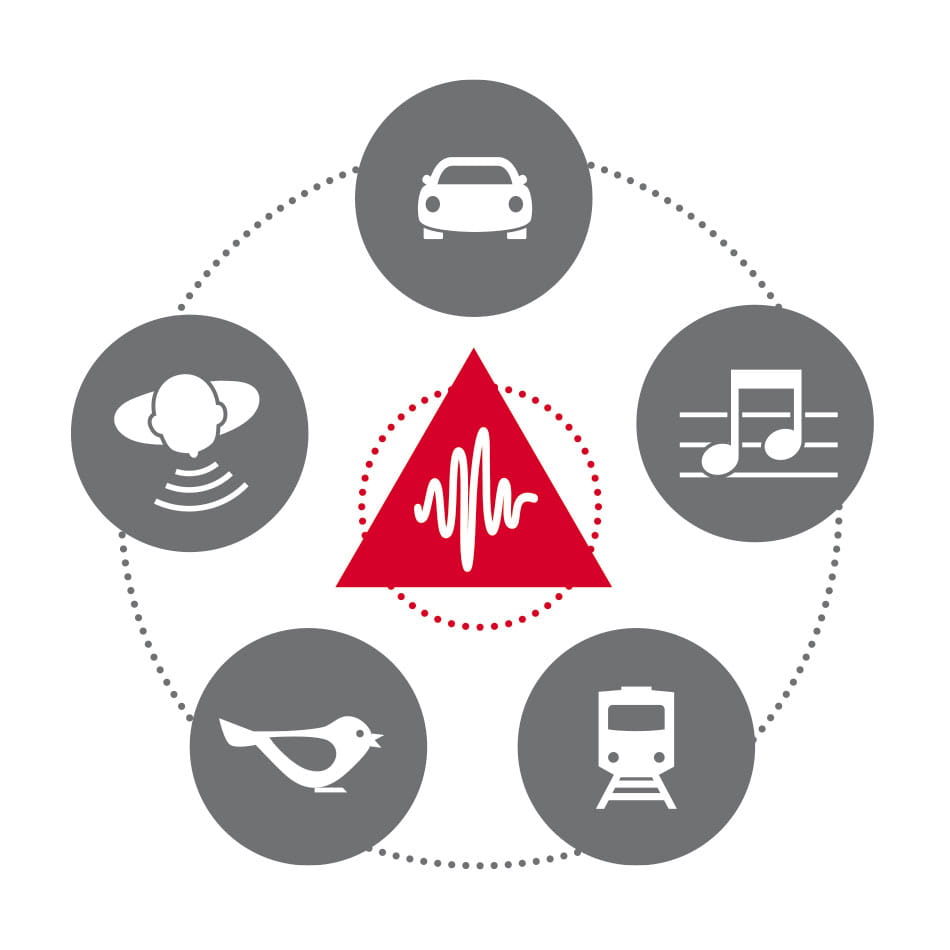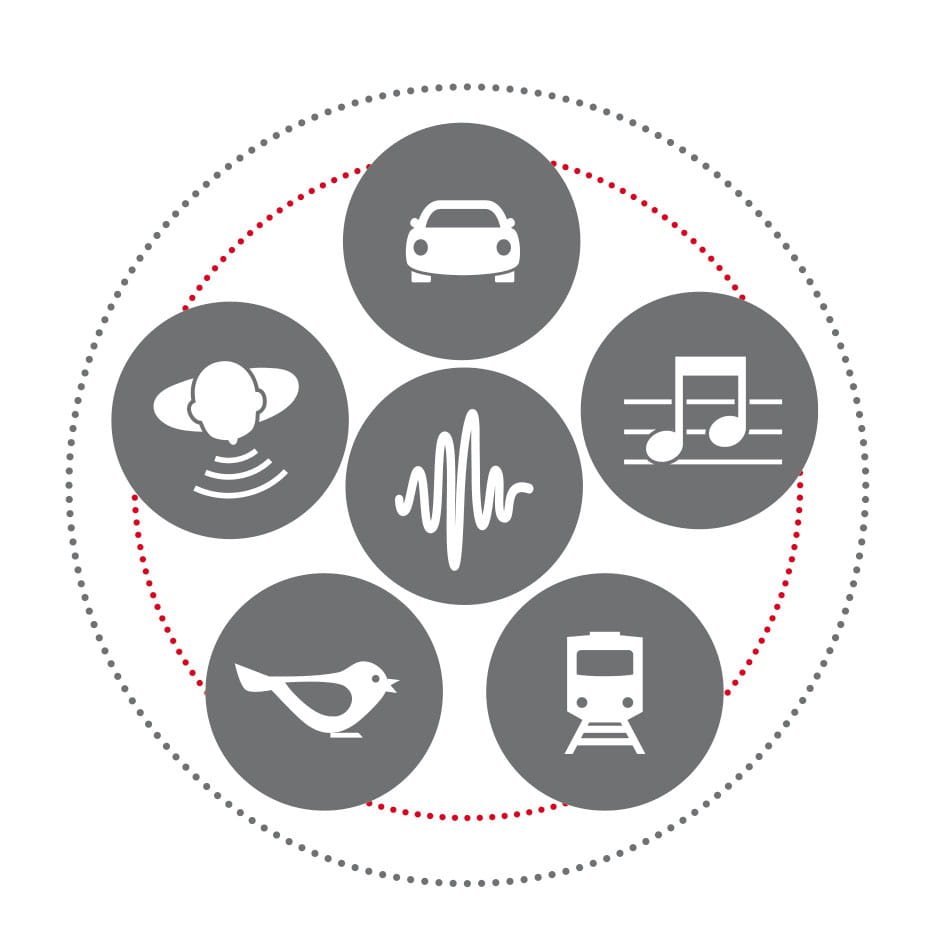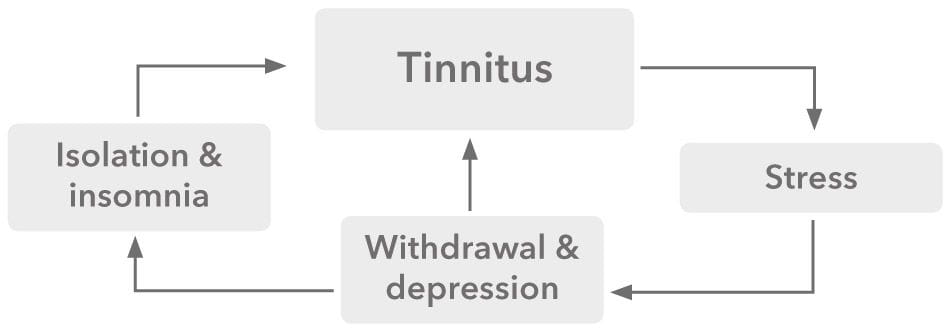Left untreated, a ringing in the ears can pose serious risks to your overall health. Whether your tinnitus is a symptom of a broader medical issue or contributes to poorer overall health, Signia hearing aids provide fast relief so you can enjoy the sounds of the world uninterrupted.

While a minor ringing in the ears may seem tolerable at first, it could be a sign of a larger medical issue. This list outlines some common comorbidities associated with tinnitus to help you identify potential causes and seek the treatment you need:
Common Tinnitus-Related Medical Conditions
Those with this condition also experience bouts of dizziness and vertigo that can be debilitating, and hearing loss. While no cure has been discovered, treatment with hearing aids has been shown to significantly reduce symptoms.
The constant noise of tinnitus can set off negative emotional and behavioral reactions that make you focus on it to the exclusion of everything else. Acute anxiety, depression, chronic stress and similar disorders often result. These conditions may be eased by antidepressants and working with a therapist to find coping techniques.
TMJ occurs when the jaw, jaw joint and muscles required for chewing, talking and moving the jaw do not function properly, often leading to tinnitus, toothaches, facial pain, headaches, dizziness and hearing problems. In addition to wearing hearing aids with tinnitus therapy options, those with TMJ can also be fitted for mouthpiece that is worn at night or undergo surgery to reduce symptoms.
Complications that arise as a result of diabetes can trigger or worsen tinnitus symptoms. Inadequate blood flow and exposure to high blood sugar can restrict blood flow to your inner ear, depriving it of the nutrients needed to function. Over time, this can also lead to balance problems. Relief is possible by avoiding known contributors to tinnitus and working with a hearing care professional to develop a treatment plan.
Similarly to what is observed in patients with diabetes, strokes, heart attacks, and coronary artery disease can all restrict blood flow to the ear, damaging fragile hearing nerves and causing potential hearing loss and/or tinnitus.
Ototoxic describes any substance damaging to the ear (specifically components of the cochlea or auditory nerve) such as prescribed and over-the-counter medications. These include painkillers, chemotherapy, NSAIDs, diuretics, and certain antibiotics. Tinnitus is often the first sign of the presence of an ototoxic drug, so alert your doctor immediately if symptoms occur.

Not all cases of tinnitus can be cured completely, but early intervention is the most effective way to prevent symptoms from worsening and catch any other disorders that may be related. Many Signia hearing aids include tinnitus programs such as static noise and ocean wave therapy to cover up disturbing tinnitus sounds and divert attention away from the tinnitus. In addition, our industry-leading Notch Therapy program offers the potential of reducing tinnitus sounds by digitally quieting sounds that are close in pitch to your ringing.

Without Notch Therapy: Tinnitus stands out above other surrounding noise and is clearly heard.

With Notch Therapy: Notch Therapy reduces the annoyance of your tinnitus so that you can enjoy the sounds of your environment again.
Some facts about tinnitus:
- More than one out of 10 people suffer from chronic tinnitus (continuous for six months or more)
- More than nine out of 10 people with tinnitus also have hearing loss.
- About two out of 10 people with tinnitus find the symptoms difficult to endure.

Discover our tinnitus therapy options.
Find the optimum tinnitus strategy for you by filling out the form below. A hearing care professional in your area will reach out to help you begin your no-obligation Signia Technology Trial. They’ll help you select the ideal hearing aid and find the perfect tinnitus therapy, as well as give you tips and tricks to make life with tinnitus more relaxing.